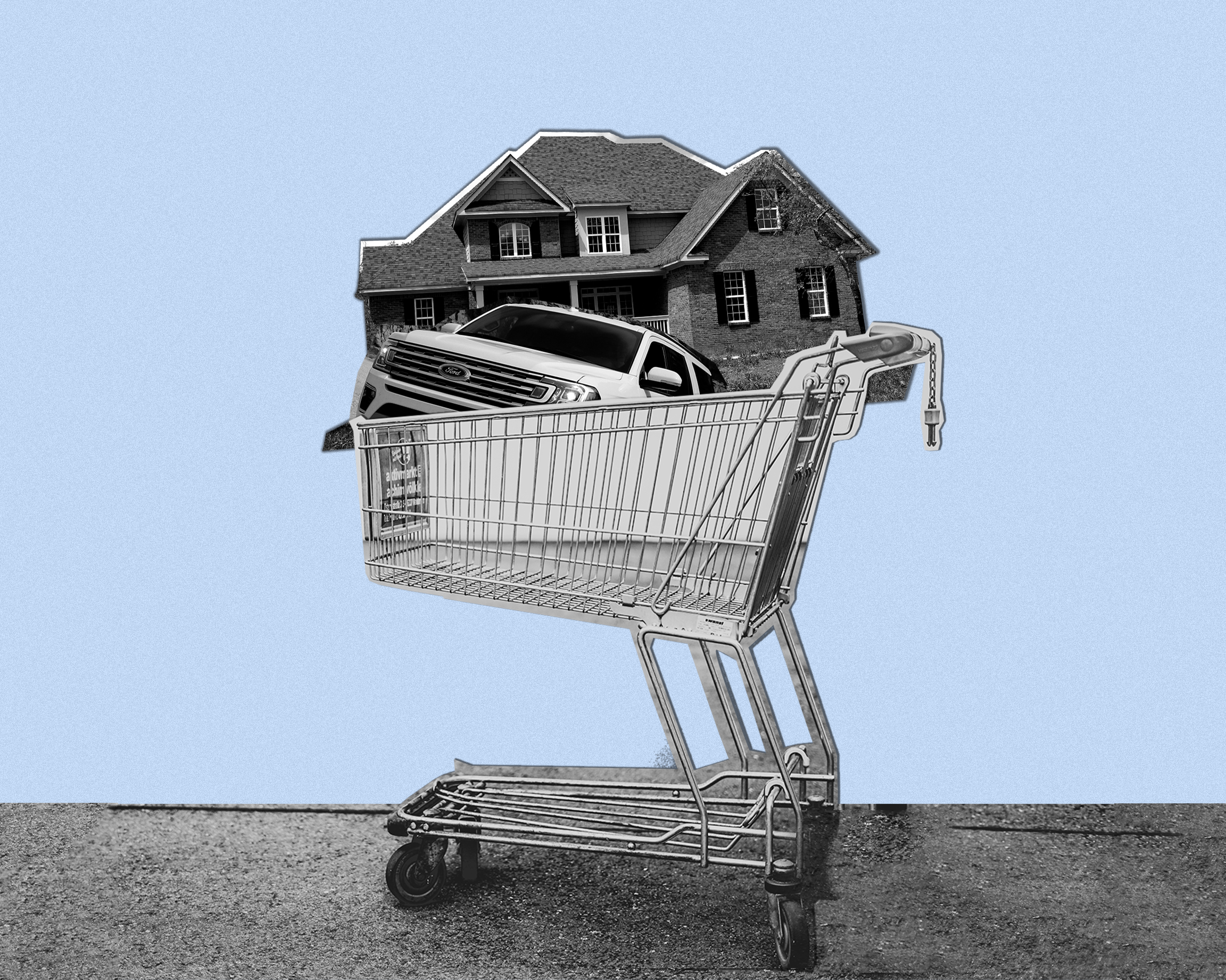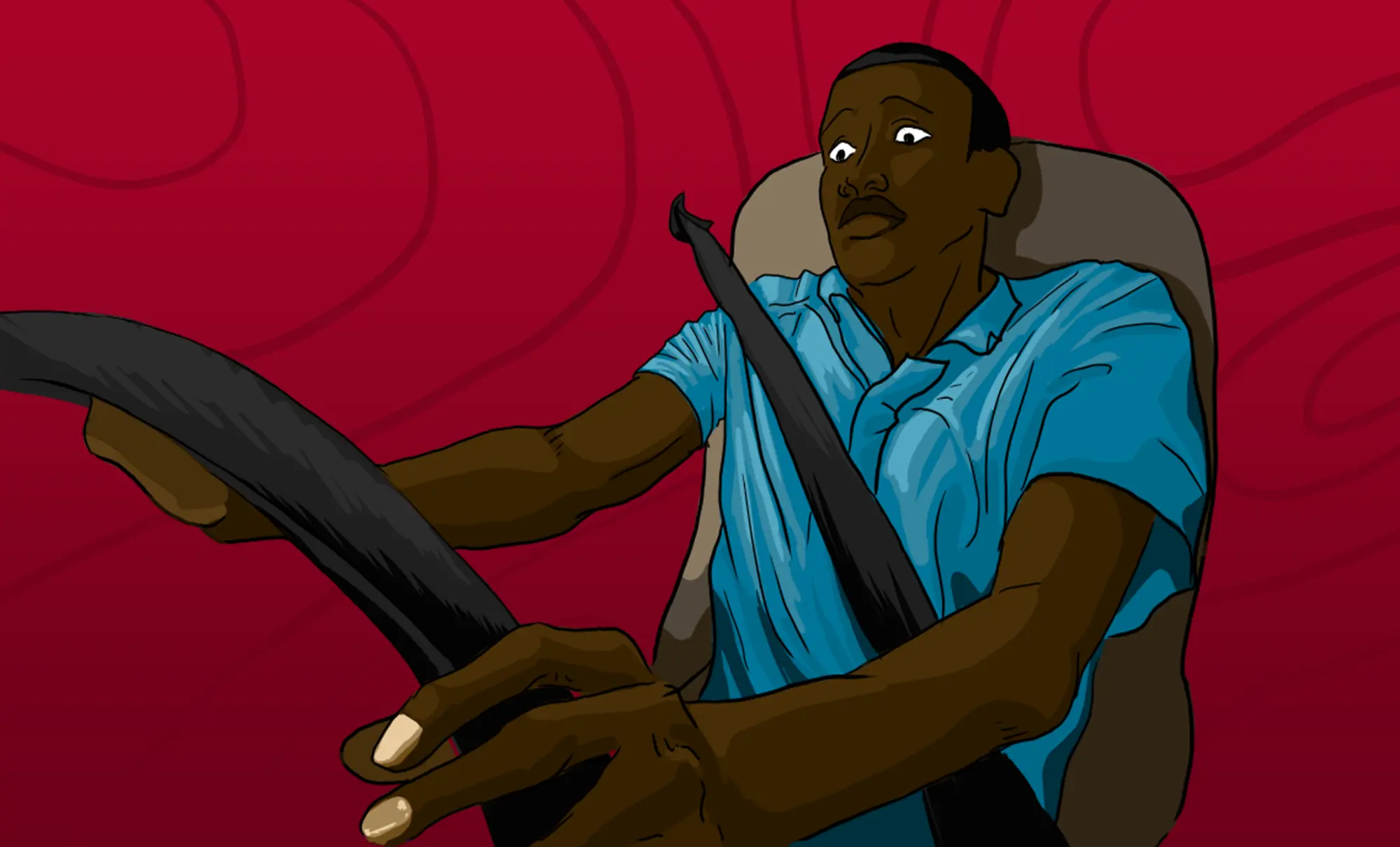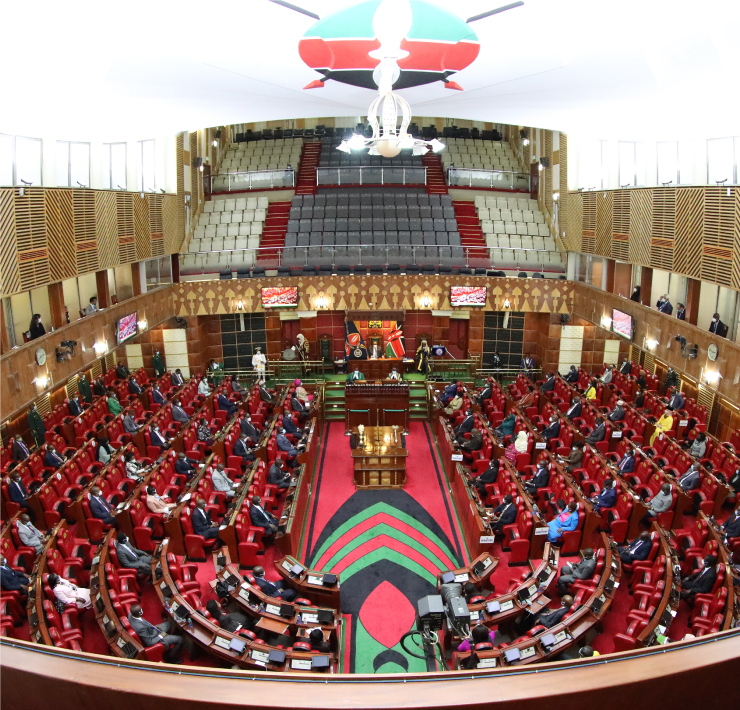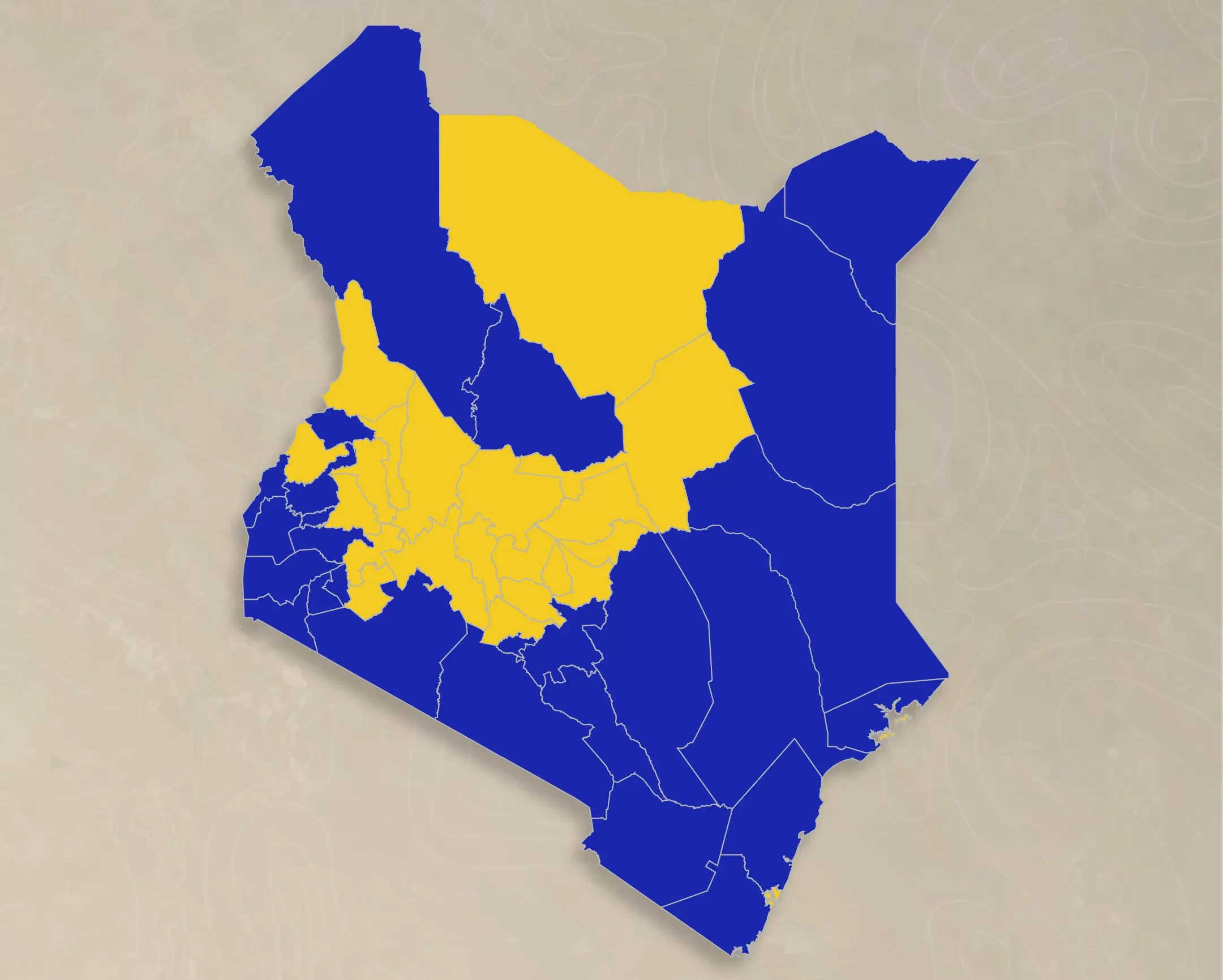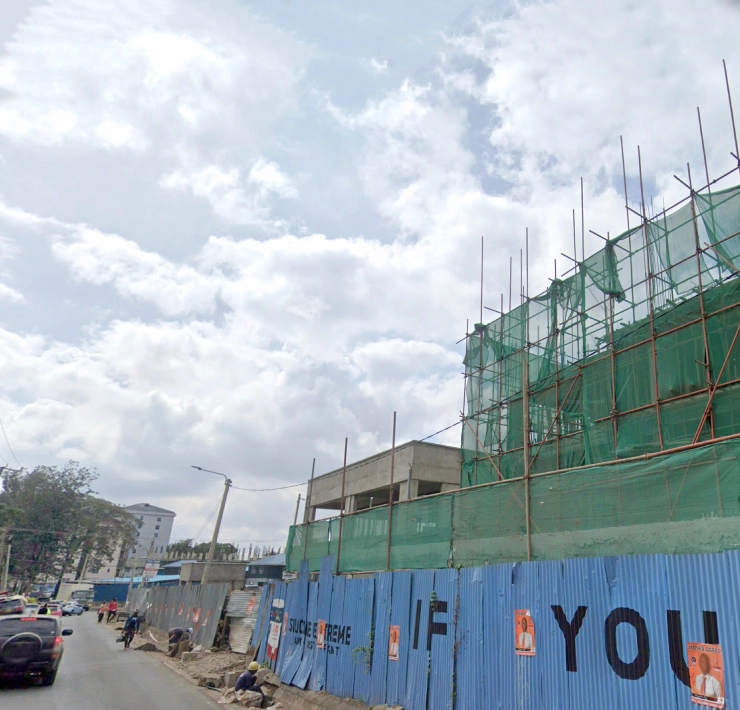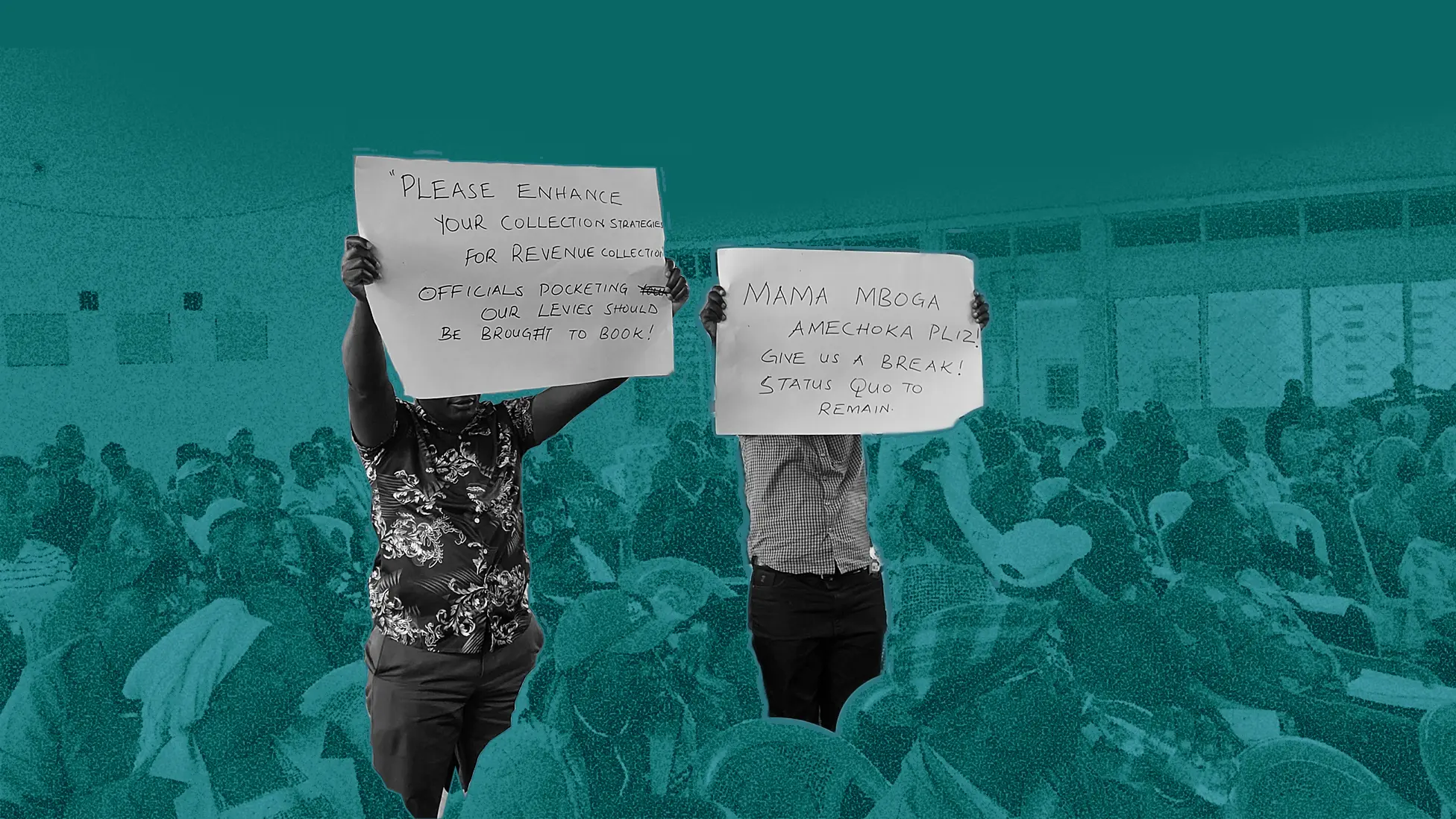
Lessons from Public Participation in Nairobi County: Digital Isn’t Always Better
The Constitution of Kenya 2010 requires the government – whether national or county – to facilitate and engage in public participation whenever making laws. However, the form such civic undertakings take depends on who is doing it, and why. For instance, when a sitting president wants to amend the Constitution through a “popular initiative” – as witnessed during the Building Bridges Initiative – no resources are spared and the whole affair more often than not culminates in an extravagant, closely-choreographed meeting at a packed Bomas of Kenya auditorium with hashtags flying and live TV coverage.
